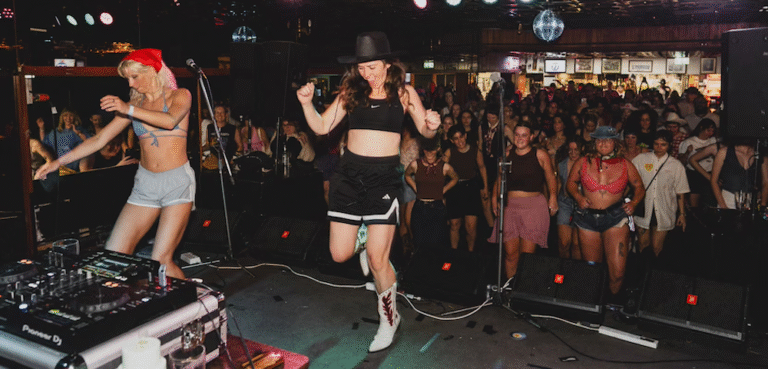
Queer Refugees In Australia Struggle With Visibility And Support
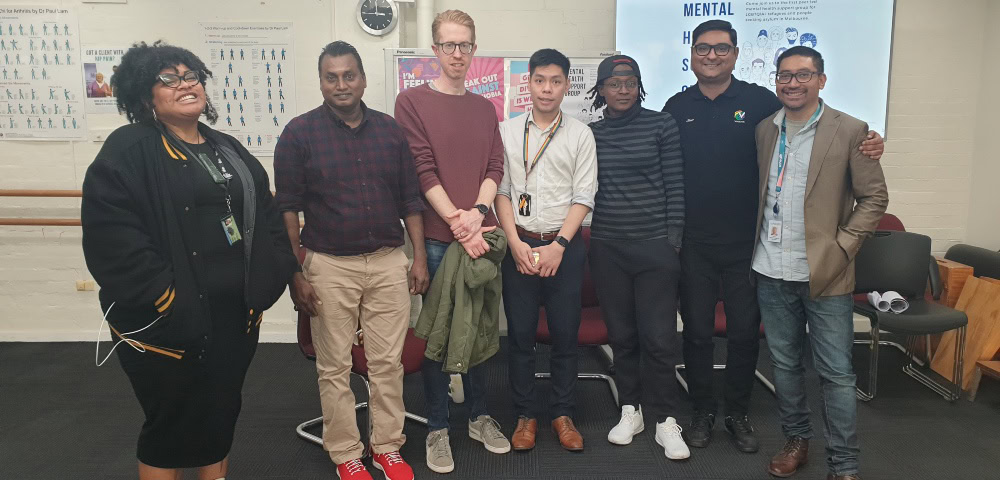
Refugees and asylum seekers are an overlooked sector within the LGBTQI+ community in Australia.
*Azhan works for Elevate as a peer support worker and was a facilitator and mentor for the Queer Refuge mental health support group. Queer Refuge was a six-month project run by Bridge Meals, a free monthly social dinner for LGBT+ refugees, asylum seekers and migrants in Melbourne.
“We have people from Nigeria, Uganda, Iraq, Pakistan, Fiji, Maldives, Malaysia and Afghanistan – a big mix of asylum seekers attending the sessions, and it gave them a sense of connection, community, and also space for them to start opening up because a lot of them were isolated,” Azhan told Star Observer.
The group provided a safe space for LGBT+ refugees and asylum seekers living in Melbourne to come together and to connect with one another. The fortnightly group therapy-like sessions facilitated by Azhan and a co-health counsellor gave the members the space to discuss issues from sexuality and gender identity to homophobia, transphobia and racism and how they impacted their daily lives.
Struggling With Sexuality
A 2019 report on mental illness and resilience among sexual and gender minority refugees and asylum seekers by the British Journal of General Practice found that 76% to 93% of LGBTQIA+ refugees and asylum seekers struggled with depression; 28 – 60% with anxiety, 70 – 100% with PTSD and 56 – 72% with suicide ideation.
Azhan came to Australia as an international student, and struggled to accept his sexuality due to same-sex relationships being a crime in his country of birth. He grappled with anxiety over family reactions and potential repercussions if he returned home. Azhan was most vulnerable when transitioning from international student to asylum seeker but has now been granted refugee status.
According to Azhan, he experienced family violence when living with his elder sister and her family. Following that, he encountered insecure housing and internal conflict with his sexuality and culture. That experience informs his work with other refugees as well as the group therapy sessions.
Queer Refuge, also offered fortnightly weekend seminars that informed the members of their rights as refugees/asylum seekers and as LGBT+ people and how they can safely navigate the process of seeking asylum; resettling into Australia and finding their community.
*Oliver was one of the refugees who attended the Queer Refuge sessions, and will be speaking about his experiences at the Refugee Alternatives 2021 conference (organised by the Refugee Council of Australia) to be held virtually from July 6-7, 2021.
Long-Term Support Lacking
Queer Refuge, however, only lasted six months, not a sufficient amount of time to give long-term support.
Azhan said that small community groups like BridgeMeals and small projects like Queer Refuge struggle to apply for funding against larger organisations even though they are doing work that are filling in the gaps that aren’t provided by the state government and these organisations. And this work is being done and led by people with lived experience, people who are often overlooked, underpaid and unpaid by these organisations.
“The problem with all this funding as well is that we’re working with vulnerable communities, particularly people of colour, as well as asylum seekers. Because a lot of mental health support groups normally cater to the mainstream, which is white-centric, the messaging (often) uses English and a language that’s more Western,” said Azhan.
Queer refugees often face a double marginalisation – they are a minority within the refugee community as well as within the larger LGBTQI+ communities.
“We’re a group that’s a bit neglected within the refugee community and the LGBT community as well. We’re facing the intersections of dealing with transphobia or homophobia within the refugee community because it’s a very taboo topic, and racism and xenophobia within the LGBT community because these are sensitive topics.”
“Most people or organisations would rather not address those issues because they will actually have to deal with the bigger community, and that may not necessarily be something that they want to deal with,” added Azhan.
* Names changed to protect identities.
The Refugee Alternatives 2021 conference,organised by the Refugee Council of Australia) will be be held virtually from July 6-7, 2021.
If you feel distressed reading the story, you can reach out to support services.
For 24 hour crisis support and suicide prevention call Lifeline on 13 11 14
For Australia-wide LGBTQI peer support call QLife on 1800 184 527 or webchat.
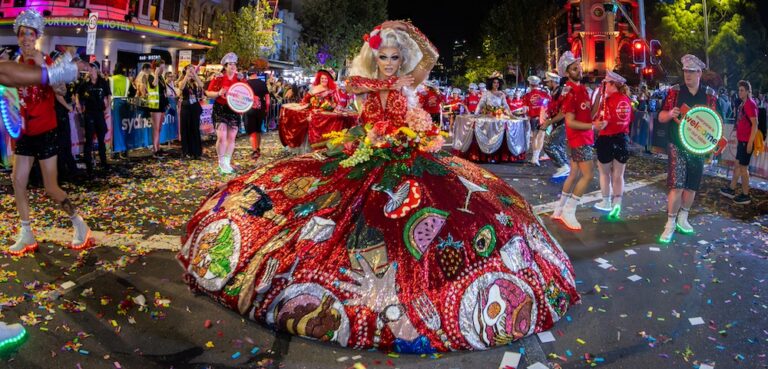
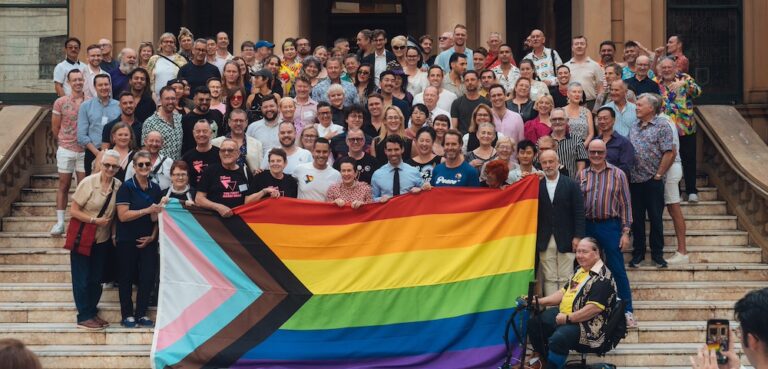

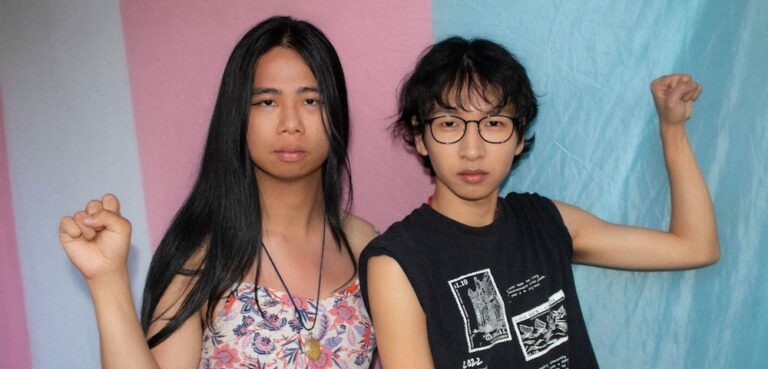
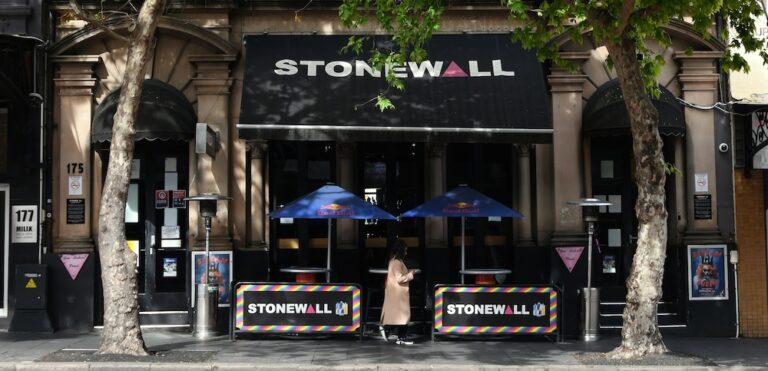
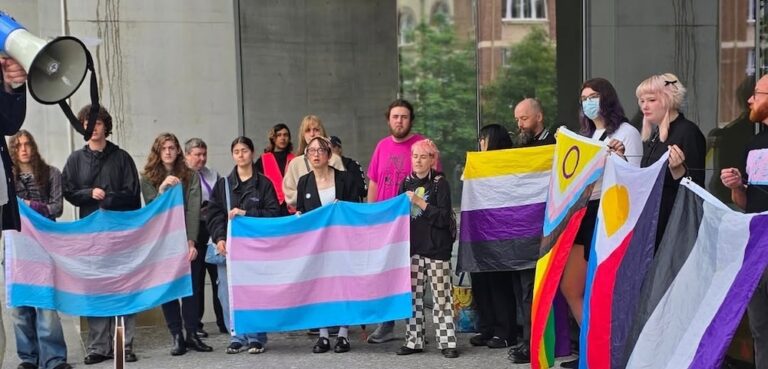
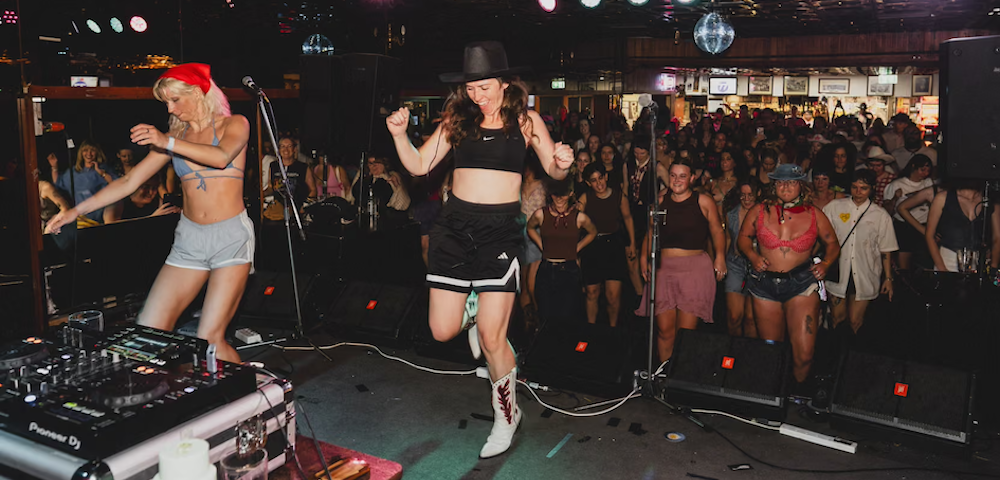
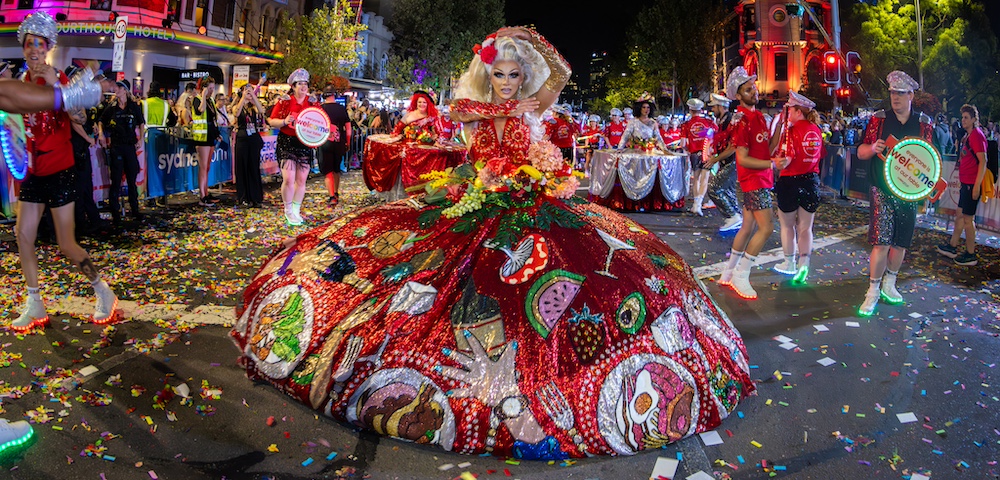
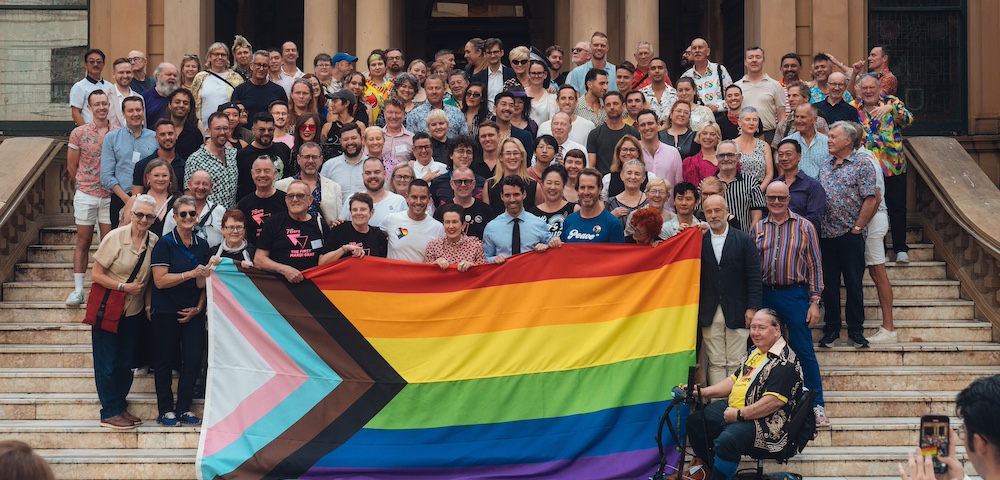
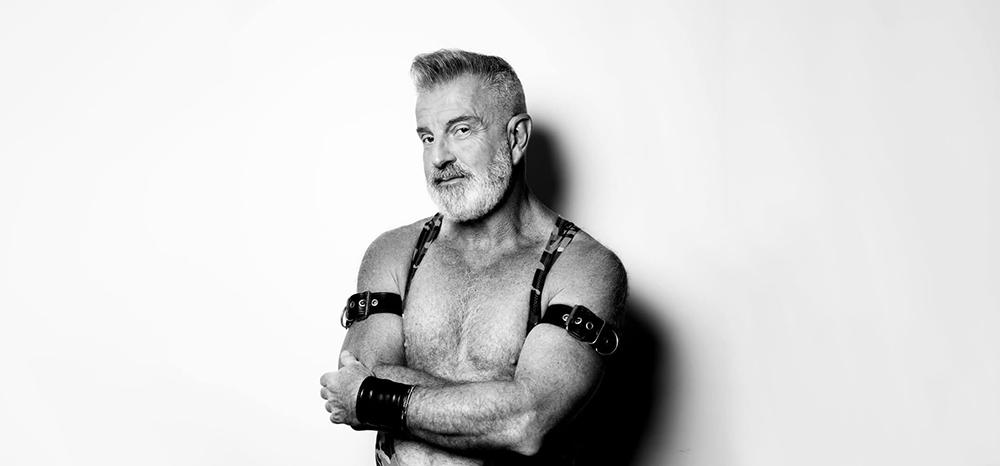
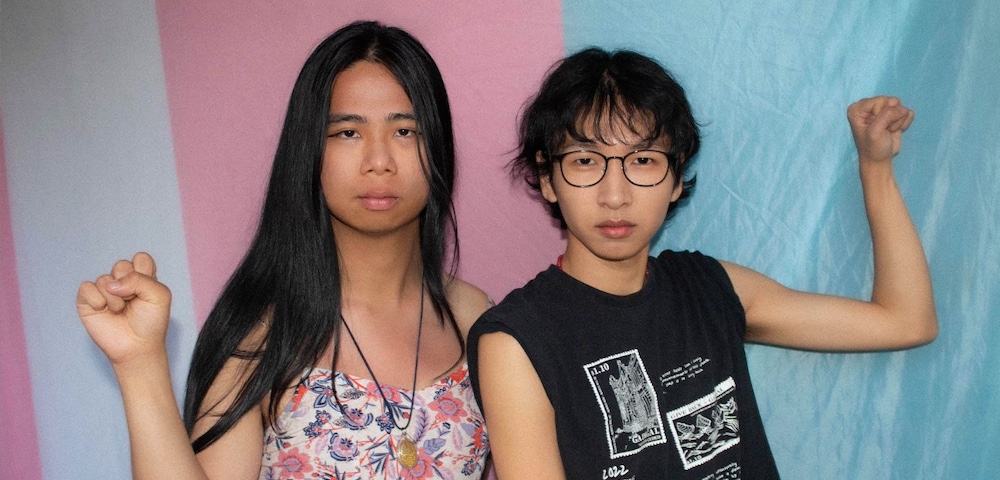
Sorry for your hardships